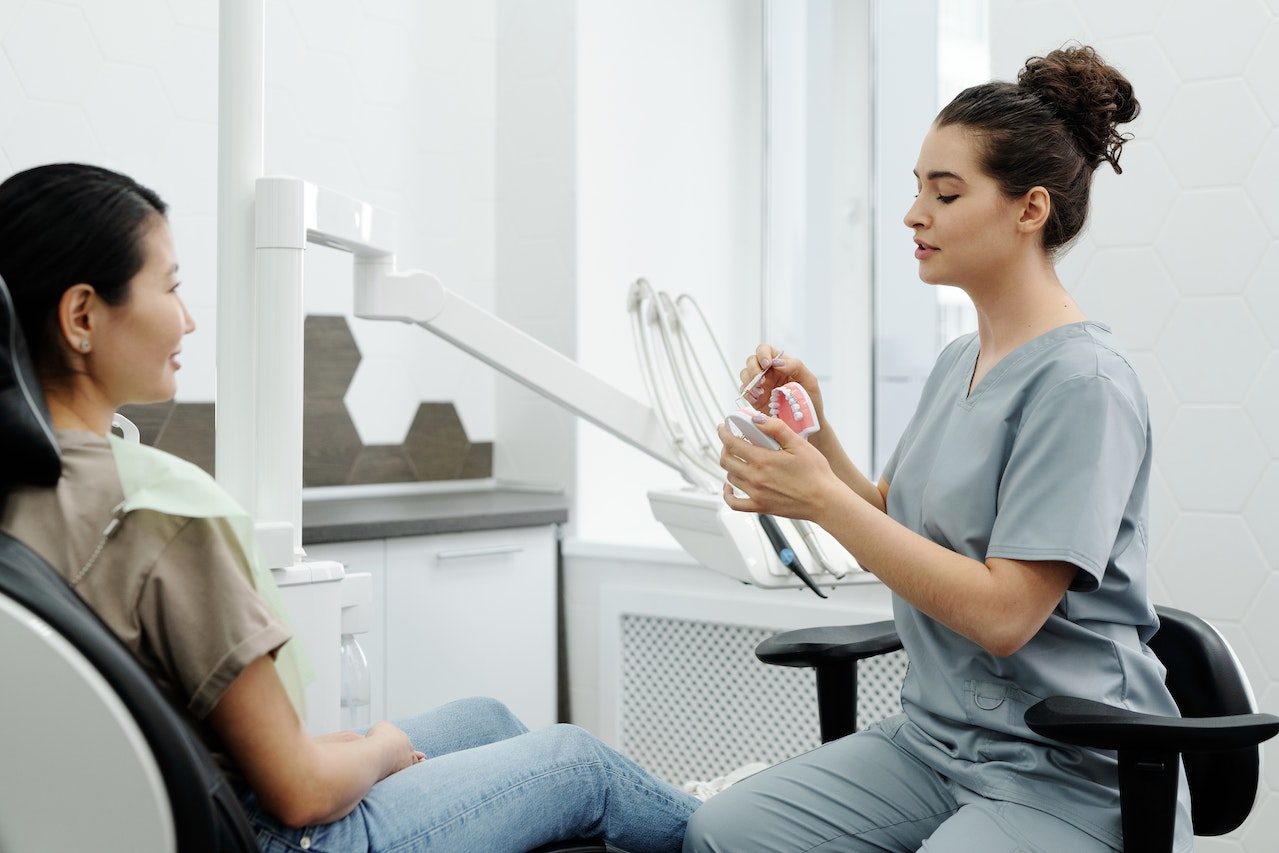Disclaimer: The Lifestyle Elf. This site provides fashion and lifestyle content for informational purposes only.
- Talk to your dentist and understand the risks associated with wisdom tooth extraction.
- Be aware of what type of anesthesia will be used to numb the area.
- Understand what potential complications may arise from the extraction to prepare yourself for any adverse effects.
- Learn about post-operative care and pain management methods for a smoother recovery and healing process.
Having your wisdom teeth removed can be a daunting experience, but with the right preparation and understanding of what to expect, it doesn’t have to be. You should consider several things before having your wisdom teeth removed. By following these steps and being aware of all the details, you can ensure a safe and successful outcome from your wisdom tooth removal.
Talk to your dentist.

Knowing how to properly talk to your reputable dentist is essential when considering the risks of removing your wisdom tooth. As wisdom teeth often grow crooked and can be difficult to remove, discussing all potential risks with your dentist is important. Not only could your teeth suffer damage from a poor extraction, but this procedure can also result in complications such as severe pain or infection.
A competent dentist will inform you of these possibilities before proceeding with the removal. Additionally, they’ll answer any questions about the procedure and advise on a suitable recovery course following the extraction. Thus, talking to a reputable dentist beforehand is crucial to make an informed decision regarding removing your wisdom teeth.
Know about the procedure.
Knowing about the procedure in advance can help you be prepared and make it a less stressful experience. Here are some tips when doing so:
Understand what type of anesthesia will be used.
Anesthesia works in different ways and affects a patient depending on their medical history and which procedure they are undergoing. It can be a general, local, or regional anesthetic, and each has a unique purpose in numbing certain physical areas and regions. Local anesthetics are designed to numb an individual’s mouth, while regional anesthetics block pain signals coming from large areas of the body, such as the chest.
General anesthesia, however, is aimed at putting the individual completely to sleep during surgery. Knowing what type of anesthesia will be involved in your wisdom tooth extraction will ultimately determine your comfort level before and during the procedure. Discussing this information with your dentist or oral surgeon is essential for ensuring you understand and feel confident about the type of anesthesia used in your case.
Be aware of any possible complications.
Having your wisdom teeth removed can present potential complications, so it is important to be aware of them before surgery. Such issues could range from the patient experiencing pain, swelling, and bleeding in their mouth and throat post-surgery to a more serious risk of nerve damage or trauma to the jawbone.
It is important to talk with your doctor about possible risks that may arise out of the procedure so that one can take proper steps for prevention should any of these issues arise at any point in time. Taking into account what kind of anesthesia will be used and any other circumstances specific to each patient’s health before going through with this surgery are essential elements for those wishing to have their wisdom tooth removed.
Learn about post-operative care.
When removing your wisdom tooth, it is essential to learn about post-operative care. This includes understanding pain management methods, typically including over-the-counter medications and ice or heat packs.
You should also be aware of diet restrictions, as some foods may cause increased soreness post-surgery; a liquid diet is typically recommended during the initial healing phase. Finally, ensuring that all follow-up visits with your oral surgeon are scheduled is paramount to a healthy recovery. In sum, following these guidelines is the best way to ensure you effectively look after yourself during this time.
Ask questions related to recovery time.
Asking the right questions and researching recovery time and when you can return to normal activities after removing a wisdom tooth is an important part of the process. Knowing the amount of pain you may experience during the recovery period is essential to properly plan for it.
You should also be aware of any possible complications that can arise from wisdom teeth removal and how to take care of yourself afterward. Your dentist or oral surgeon will be able to provide more detailed information about what you need to do for your particular case. Still, basics such as adequately managing discomfort or knowing what too much activity for your body in this sensitive time should be considered.
Consider how much it costs for the procedure.

When considering how much it will cost to remove your wisdom teeth, you should consider several important factors. First, you will need to factor in whether the procedure is being done under general or local anesthesia, as well as the complexity and number of wisdom teeth that require extraction.
Next, different insurance providers may cover part or all of the costs associated with a wisdom tooth procedure. Finally, fees may be added for more complex extractions depending on the provider’s location and experience in dealing with impacted wisdom teeth. It is important to consider these variables before undergoing this expensive procedure to obtain the best possible treatment at an affordable cost.
These are just a few of the many things you should consider before removing your wisdom teeth. You can guarantee a successful and safe outcome from your procedure by educating yourself on the potential risks associated with wisdom tooth removal and taking preventative steps to ensure proper recovery care.

